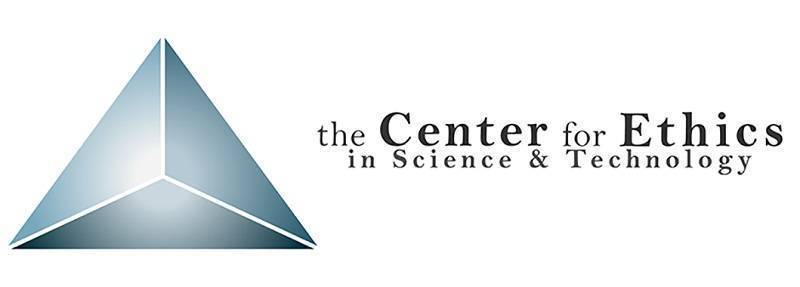Oct 3, 2018–Oct 3, 2018 from 5:00pm–7:00pm
Ethical Boundaries of Research with Human Embryos

Overview: Since stem cells were first cultured from human embryos in 1998, the ethical considerations surrounding this technology have been widely debated, leading to establishment of specific limits on how this research is conducted and funded. However, not all important scientific advances over the past twenty years have been fully addressed in this initial ethical framework. Some of these advances include: 1) the ability to generate, from skin cells, induced pluripotent stem cells (iPSCs), which closely resemble stem cells derived from an embryo; 2) the establishment of methods that enable culture of human embryos in the dish up to the current 2-week limit; 3) the ability to generate 3-parent human embryos by somatic cell nuclear transfer or mitochondrial replacement therapy, allowing reversal of devastating diseases caused by mitochondrial gene mutations; and 4) the derivation of placental stem cells from human embryos. Join us for this program to learn more about these scientific advances, to discuss the implications of these discoveries for improvement for human health, and to consider how ethical norms can best be integrated into research and practice. Guest Speakers: Mana Parast, Ph.D., Assistant Professor, Pathology, UC San Diego Louise Laurent, Ph.D., Associate Professor in Reproductive Medicine at the University of California, San Diego.
Date and Time
Oct 3, 2018–Oct 3, 2018
from 5:00pm–7:00pm
Location
Fleet Science Center, Balboa Park
Event Registration
Registration for this event is required
by .
Visit the registration page for details.
Event Fee
Free
Contact
Research Ethics Program • info@ethicscenter.net • 858-822-2647
Audience
Faculty, Staff, Students, The General Public
Event Host
Center for Ethics in Science and Technology